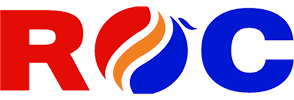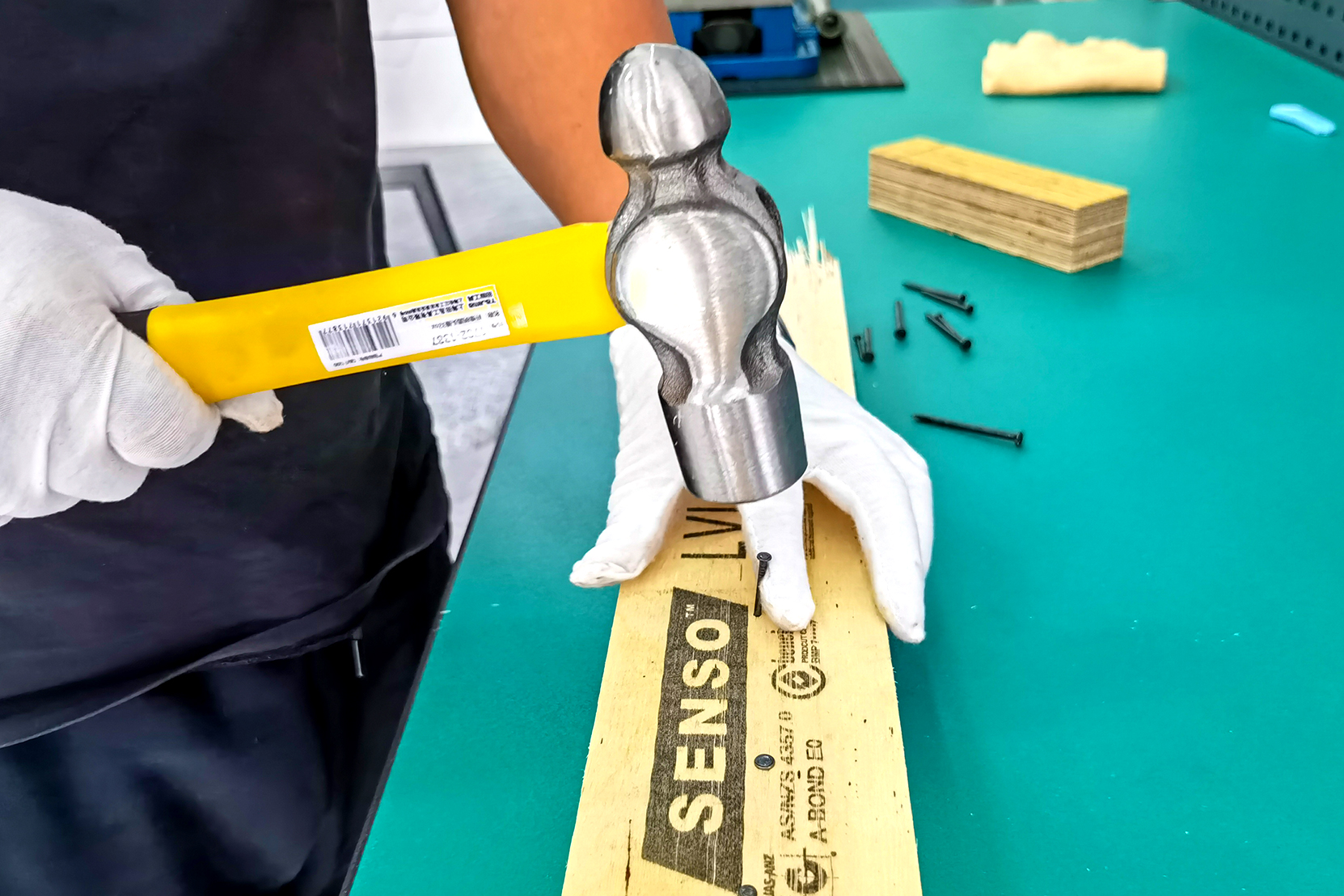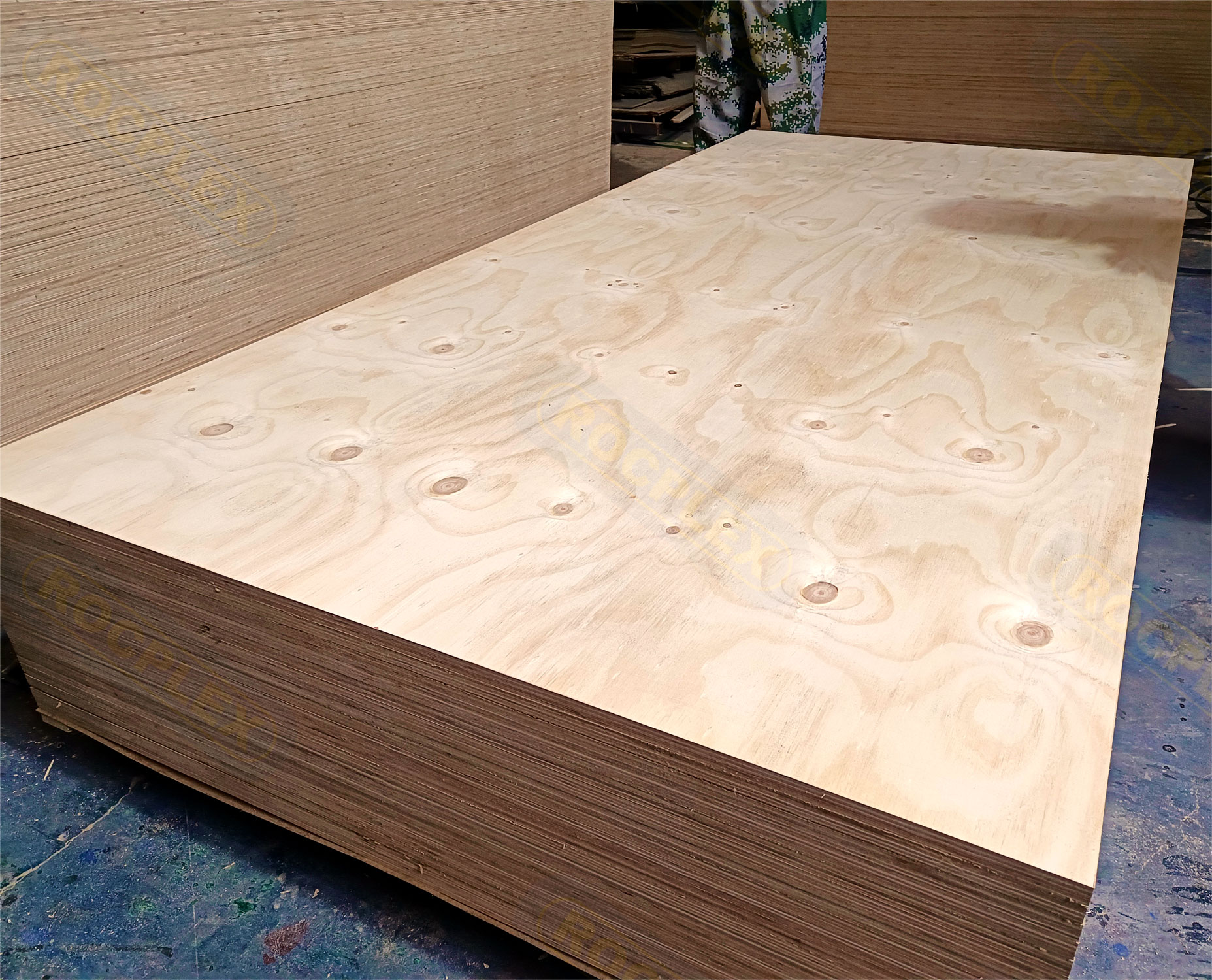Top Plywood Suppliers Offer a Range of Waterproof 4x8 Plywood Sheets
What are Plywood Sheets?
Plywood sheets are engineered wood products made by gluing together thin layers of wood veneer. These layers, or plies, are arranged with their grains running perpendicular to each other, which enhances the strength and stability of the plywood. This cross-grain technique is what sets plywood apart from solid wood and other engineered wood products, offering superior strength and resistance to warping and cracking.
Plywood sheets are available in various thicknesses and sizes, with the most common size being 4x8 feet. This standard size is ideal for a wide range of applications, making it a popular choice among builders and DIY enthusiasts. Plywood sheets can also be treated to enhance their properties, such as waterproof plywood, which is designed to withstand moisture and is perfect for use in damp or humid environments.
Versatility of Plywood Sheets
Construction Uses
Plywood sheets are widely used in the construction industry due to their versatility and strength. They serve as structural panels in walls, floors, and roofs, providing a solid foundation for various building projects. The ability to withstand heavy loads and resist damage from impact makes plywood a reliable choice for construction.
Interior Applications
Inside buildings, plywood sheets are used for subfloors, underlayment, and as a base for flooring materials such as carpet, tile, or hardwood. Their smooth surface allows for easy application of finishes, making them suitable for visible areas as well.
Exterior Applications
For exterior applications, plywood sheets can be used in siding, soffits, and eaves. When treated for water resistance, they can endure the elements, making them ideal for outdoor structures like sheds, garages, and playhouses.
Plywood Sheets in Furniture Making
Plywood sheets are also a favorite material in the furniture-making industry. Their stability and ease of use make them perfect for creating durable and attractive furniture pieces. From cabinets and shelves to tables and chairs, plywood's versatility shines in its ability to be cut, shaped, and finished to meet specific design requirements.
Advantages Over Solid Wood
Compared to solid wood, plywood sheets are less prone to splitting and warping. This makes them a more reliable choice for furniture that needs to maintain its shape and integrity over time. Additionally, plywood is often more cost-effective than solid wood, providing a budget-friendly option without sacrificing quality.
Waterproof Plywood: A Special Category
Waterproof plywood is a specially treated type of plywood designed to resist moisture. This makes it an excellent choice for areas exposed to water or high humidity, such as bathrooms, kitchens, and basements. Waterproof plywood is also used in marine applications, where durability and resistance to water are crucial.
Benefits of Waterproof Plywood
The primary benefit of waterproof plywood is its ability to withstand moisture without degrading. This makes it a reliable choice for projects where water exposure is a concern. Additionally, waterproof plywood retains all the strength and versatility of standard plywood sheets, making it suitable for a wide range of applications.
Sourcing Quality Plywood: The Role of Plywood Suppliers
Reliable plywood suppliers play a critical role in providing high-quality plywood sheets to the market. These suppliers ensure that the plywood meets industry standards for strength, durability, and safety. They also offer a variety of plywood types to meet different needs, from basic construction plywood to specialized options like waterproof plywood.
Choosing the Right Supplier
When selecting a plywood supplier, it's important to consider factors such as product quality, variety, and customer service. A reputable supplier will offer detailed information about their products, including specifications and certifications, to help customers make informed decisions.
Plywood Sheets: Ideal for DIY Projects
Plywood sheets are a staple in the world of DIY projects. Their versatility, strength, and ease of use make them perfect for creating a wide range of home improvement projects. Whether you're building a custom bookshelf, crafting a unique piece of furniture, or constructing an outdoor deck, plywood sheets provide a reliable and cost-effective solution.
Ease of Handling and Cutting
One of the main advantages of plywood sheets for DIY enthusiasts is their ease of handling and cutting. Plywood can be easily cut to size using standard woodworking tools, allowing for precise and customized projects. Its lightweight nature also makes it easier to maneuver compared to solid wood, reducing the physical strain during construction.
Finishing Options
Plywood sheets offer a variety of finishing options, making them suitable for both practical and aesthetic projects. They can be stained, painted, or laminated to achieve the desired look and feel. This flexibility allows DIYers to create polished and professional-looking results without the need for expensive materials.
Environmental Benefits of Plywood Sheets
Plywood sheets are not only practical but also environmentally friendly. They are made from renewable wood resources and utilize more of the tree than solid wood products, reducing waste. Additionally, many plywood manufacturers adhere to sustainable forestry practices, ensuring that the wood used is sourced responsibly.
Energy Efficiency
Plywood sheets also contribute to energy efficiency in buildings. Their insulating properties help regulate indoor temperatures, reducing the need for excessive heating or cooling. This can lead to lower energy bills and a reduced carbon footprint.
Innovations in Plywood Manufacturing
The plywood industry has seen significant innovations in recent years, enhancing the performance and applications of plywood sheets. Advances in adhesive technology and manufacturing processes have led to stronger, more durable plywood products that meet the evolving needs of the market.
Enhanced Durability
Modern plywood sheets are engineered for enhanced durability, with improved resistance to moisture, pests, and fire. These advancements make plywood an even more reliable choice for a wide range of applications, from residential construction to commercial projects.
Eco-Friendly Adhesives
Innovations in adhesive technology have also led to the development of eco-friendly adhesives that reduce the environmental impact of plywood production. These adhesives are free from harmful chemicals, making plywood sheets safer for both users and the environment.
Choosing the Right Plywood Sheet for Your Project
With so many options available, choosing the right plywood sheet for your project can be daunting. Understanding the different types and their applications can help you make an informed decision.
Types of Plywood
- Structural Plywood: Used in construction for its strength and stability.
- Marine Plywood: Waterproof and ideal for areas exposed to moisture.
- Cabinet Grade Plywood: Smooth surface for furniture and cabinetry.
- Flexible Plywood: Can be bent into curves, perfect for custom designs.
Thickness and Size Considerations
Plywood sheets come in various thicknesses, typically ranging from 1/8 inch to 1 inch. The right thickness depends on the specific requirements of your project. For structural applications, thicker plywood is necessary, while thinner plywood is suitable for decorative purposes.
The Future of Plywood Sheets
As the construction and manufacturing industries continue to evolve, the demand for versatile and reliable materials like plywood sheets is expected to grow. Ongoing research and development efforts aim to further enhance the properties of plywood, making it even more durable, sustainable, and cost-effective.
Sustainable Practices
The future of plywood sheets lies in sustainable practices. Manufacturers are increasingly adopting eco-friendly methods, such as using recycled wood and reducing emissions during production. These practices not only benefit the environment but also meet the growing consumer demand for sustainable products.
Technological Advancements
Technological advancements in plywood manufacturing are set to revolutionize the industry. From improved adhesives to innovative production techniques, these advancements promise to deliver superior plywood products that cater to a wide range of applications.
Plywood Sheets: Versatile and Reliable Building Material
Plywood sheets remain an indispensable material in construction, furniture making, and DIY projects due to their strength, versatility, and environmental benefits. With advancements in manufacturing and a focus on sustainability, the future of plywood sheets looks promising, ensuring they continue to meet the needs of various industries and consumers alike.
Frequently Asked Questions
What is a sheet of plywood?
A sheet of plywood is a flat panel made by gluing together thin layers of wood veneer. These layers are arranged with their grains running perpendicular to each other, enhancing the strength and stability of the plywood.
Is plywood stronger than MDF?
Yes, plywood is generally stronger than MDF (Medium Density Fiberboard) due to its layered construction. The cross-grain technique used in plywood manufacturing provides superior strength and resistance to warping and cracking.
What is plywood used for?
Plywood is used in a wide range of applications, including construction, furniture making, cabinetry, and interior design. It is valued for its strength, versatility, and ease of use.
Which plywood is strongest?
The strength of plywood depends on its grade and construction. Marine-grade plywood is considered one of the strongest types, designed to withstand moisture and heavy loads.
Which type of plywood is best?
The best type of plywood depends on the specific application. For general construction, structural plywood is a good choice. For furniture making, cabinet-grade plywood offers a smooth surface for finishing. Waterproof plywood is best for areas exposed to moisture.











